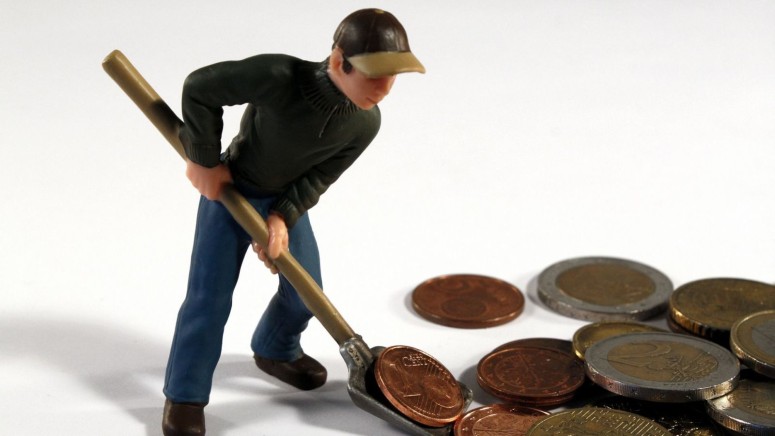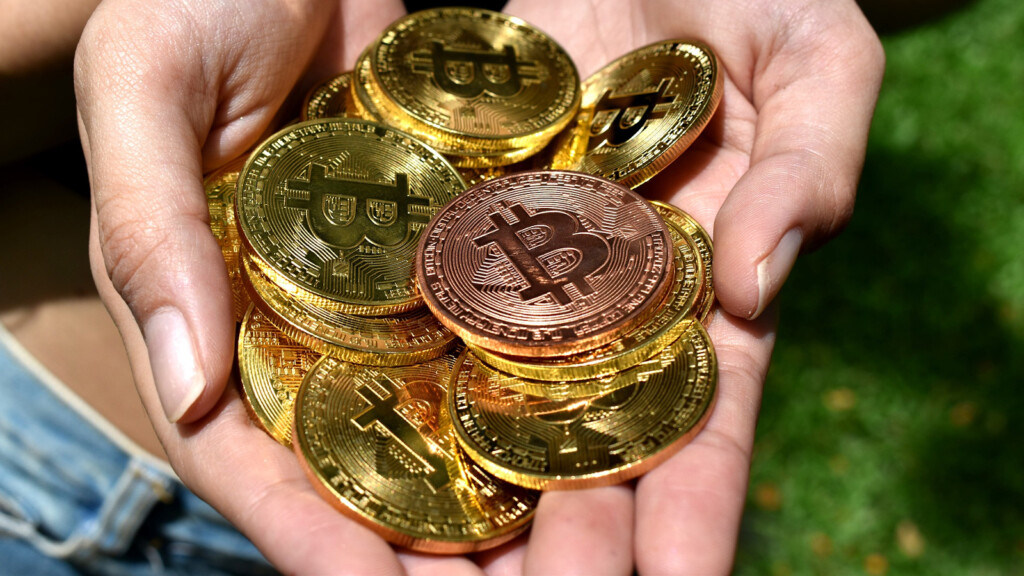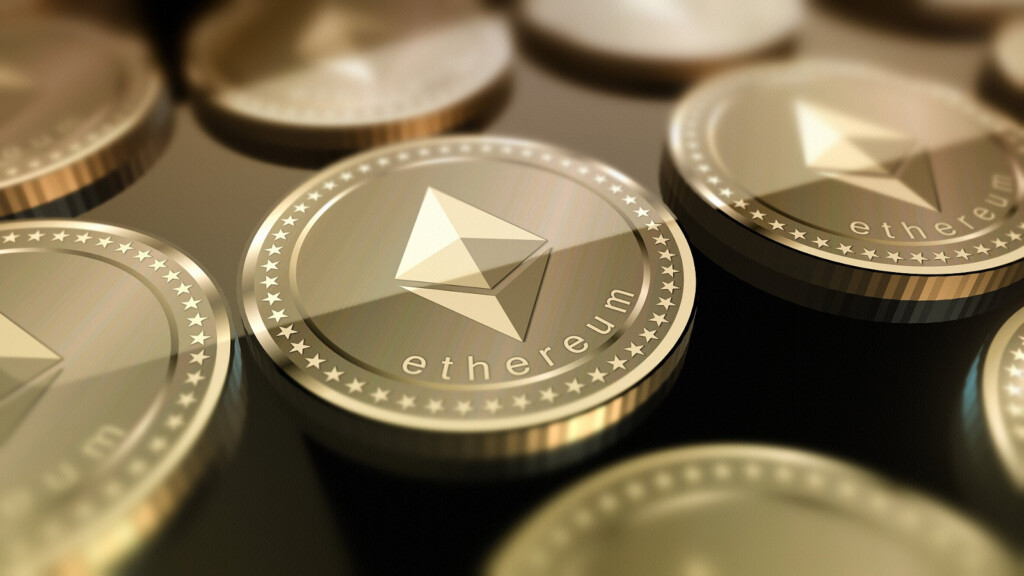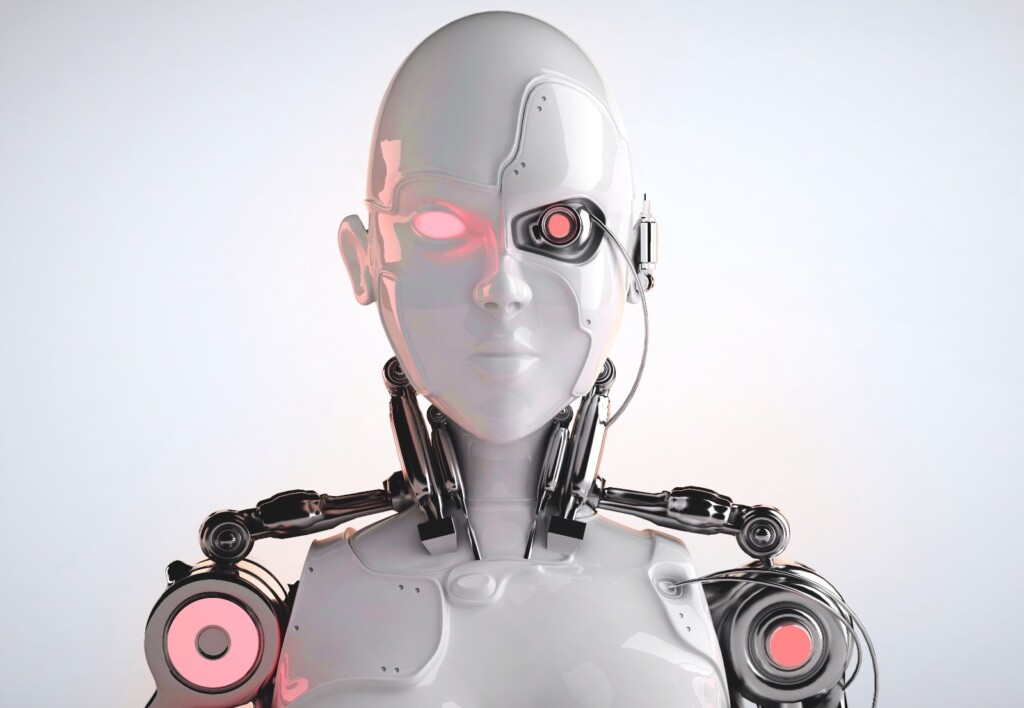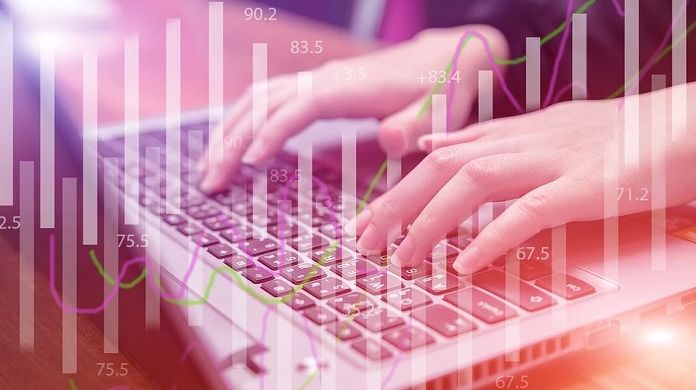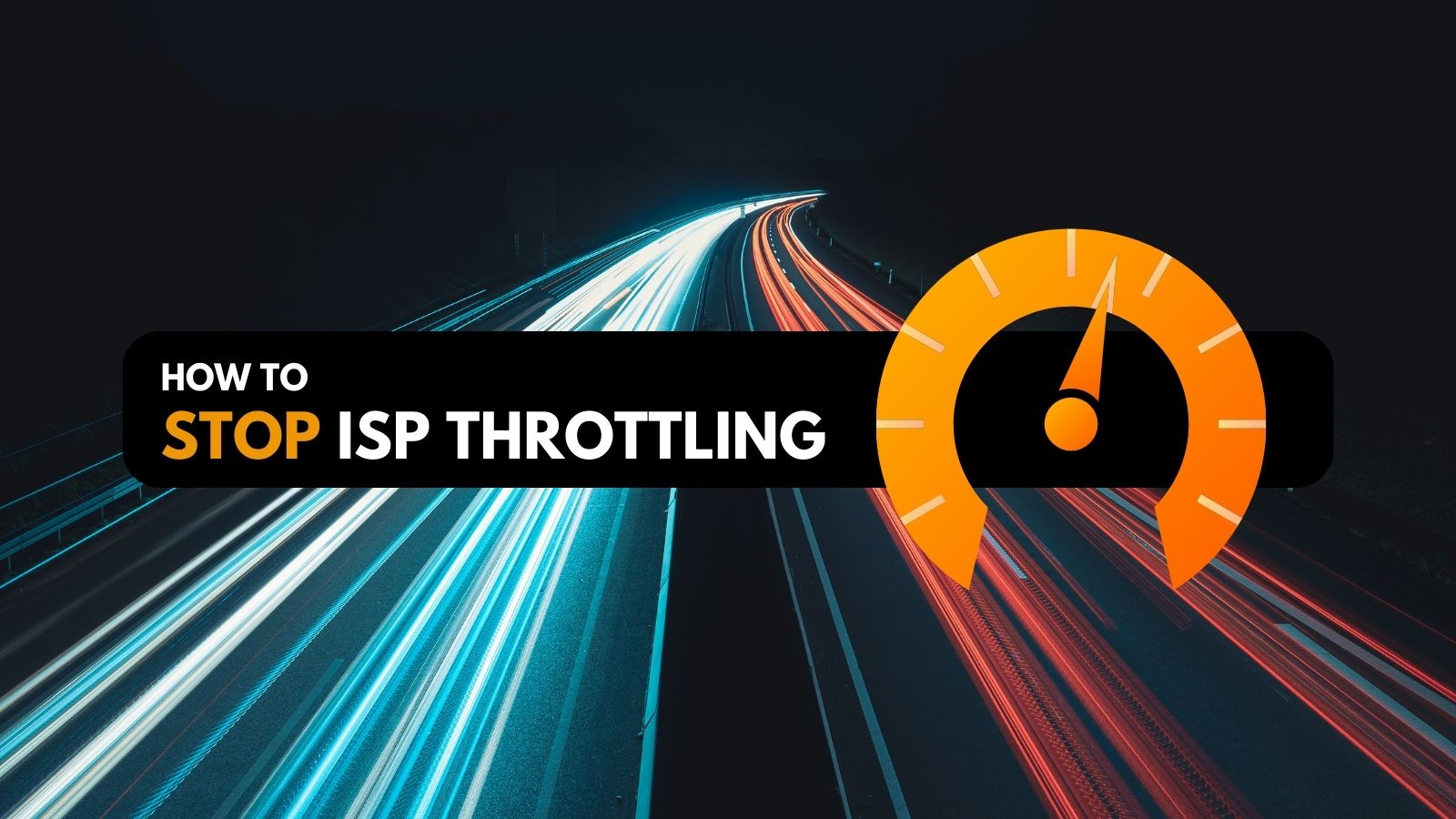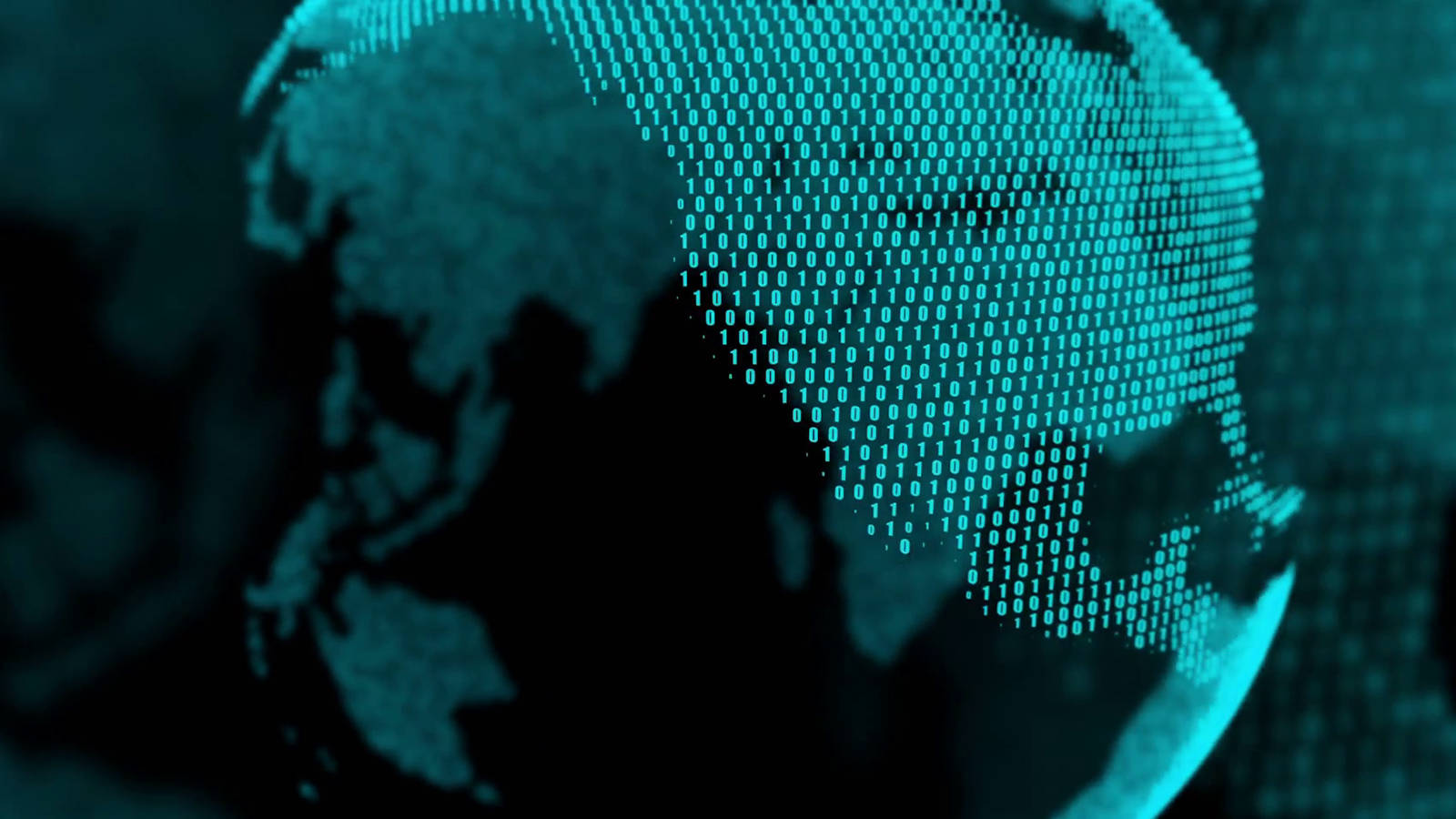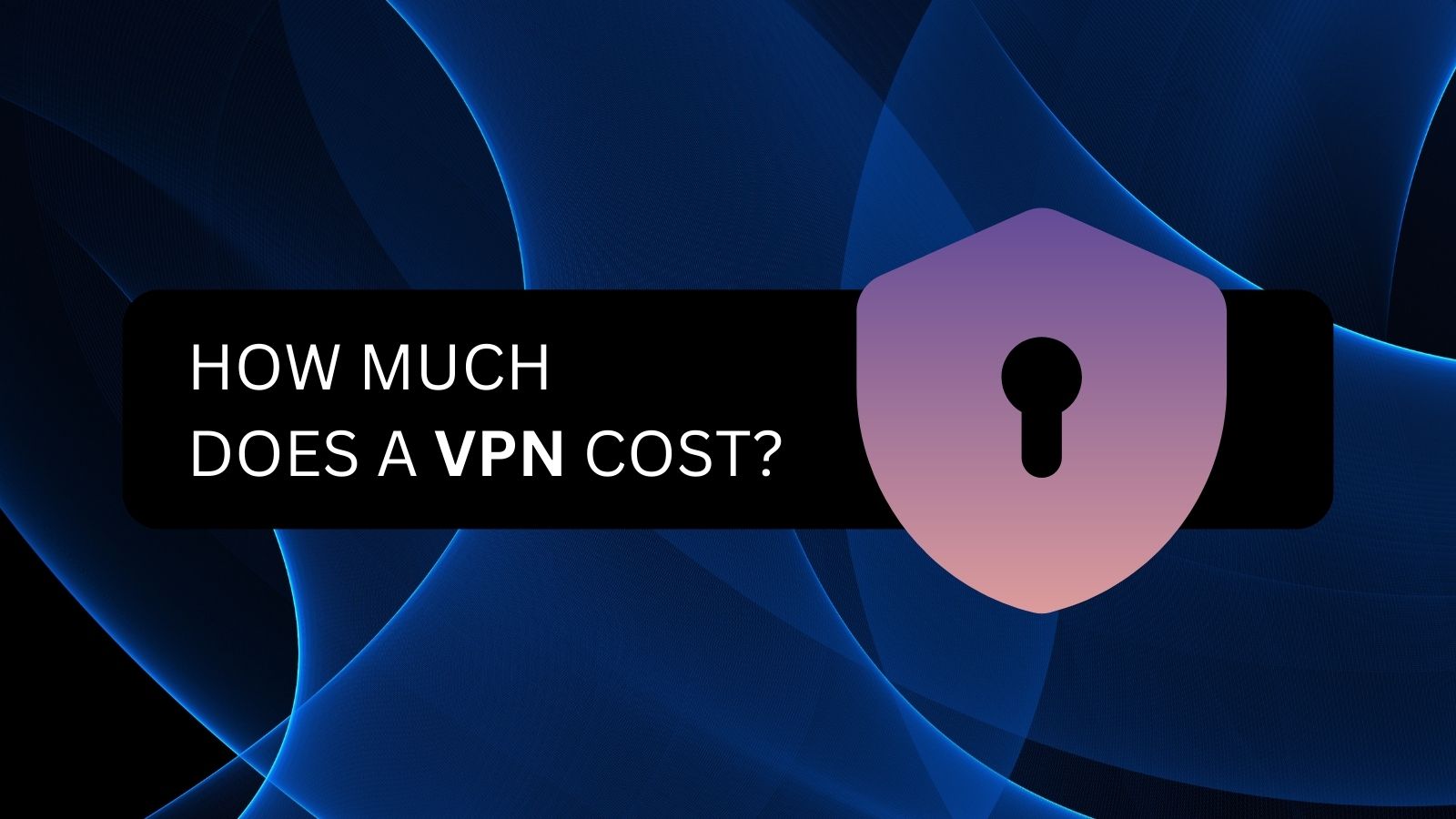
The Biggest Fintech Disruptions So Far
Fintech is the collective name for those technologies that change how we use money and manage resources. From ATMs to online shopping, Fintech has the potential to change entire economies and markets seemingly overnight. While we've barely begun to see what Fintech will do to change the world in the 21st century, these are some of the biggest disruptions
Cryptocurrencies and Blockchain
This is probably the first topic everyone associates with the word "Fintech" so I might as well start with it too. Cryptocurrencies and the blockchain technology that makes it possible came out of seemingly nowhere. The first true cryptocurrency, Bitcoin, was invented by an as yet unknown person or group of people. It was released into the world with no warning and changed the world of finance almost overnight.
Essentially, cryptocurrency is a form of digital cash. Now, you might think that your credit card or mobile payment wallet already fulfills that role, but they still rely on a central system to keep track of payments and verify them.
With paper cash, you don't need a central authority to keep track of transactions, since the movement of the actual paper notes and coins act as the transaction itself. Cryptocurrencies achieve the same end result by using the blockchain. This is a decentralized, public ledger that keeps a verified record of every transaction ever made using the currency. This is under no one's control and all copies of the distributed blockchain must agree. This has caused major rumbling among world governments since it can be seen as a threat to their sovereignty. It has also lead to concerns that cryptocurrency could be used to move large amounts of money around the world without any sort of exchange control. Criminals have flocked to Bitcoin and other currencies as a way to launder money and run online black markets on the Dark Web.
In a world that's pushing for a cashless society with central control and surveillance, to say that this has been disruptive to world finances is a massive understatement. The future of cryptocurrency is still uncertain, but it's certain that the plans of the powers that be are not assured to succeed because of it.
Crowdfunding and Initial Coin Offerings
The world needs fresh and innovative ideas in order to grow and flourish. We also need entrepreneurs who can take those ideas and turn them into products and services that can make an impact in real life. The usual way you'd do this was to convince investors sitting on large piles of money that your idea deserved their support. However, Fintech-driven platforms such as Kickstarter have made it possible to pitch ideas to millions of regular people who only have a little money each. It's essentially the difference between getting a million dollars from one person and getting one dollar from a million people. This is simply not possible without modern digital financial systems and internet technology.
Thanks to crowdfunding we have products and technologies that would not exist otherwise. For example, the Oculus Rift VR headset was the product of Kickstarter. It, well, kickstarted the modern VR industry and was acquired by Facebook for billions.
Crowdfunding and cryptocurrency merged to make something even more impactful in the form of ICOs. These initial coin offerings allow people to fund ventures or purchase the rights to their future products using blockchain technology to manage it all. ICOs have become a popular way to raise massive amounts of capital in very short spans of time.
Peer-to-Peer Lending and Payment
While most people think of banks and credit card companies as the primary source of credit, the truth is that many people get money from, well, other people. Traditionally this may have meant having a whip-round among friends and family to cover a financial emergency or to invest in someone's business venture.
Peer-to-peer lending brings the power of global crowdfunding to individual credit. Anyone can apply for a loan and anyone can put down money to be loaned out. This means a new source of credit for those that need it. It's also a new source of investment earnings for those who want better returns than, for example, a savings account would provide. Since this form of lending cuts out the vast financial institution overhead and costs between the borrower, it reduces the cost of credit. The platform still takes a commission of course, but it also acts as a neutral arbiter between the parties involved. With yet another source of cheap credit in the financial sector, we're likely to see new businesses or simply more people able to negotiate cash flow problems. It's certainly better than some more dodgy options.
AI-based Fraud Detection
Fraud is a major cause of economic loss and often fraudsters use sophisticated methods to hide what they are doing. In many cases, these sorts of drains on our finances have been going on for decades. However, machines learning methods and modern computing power can look through billions of data points. Working to find suspicious patterns or inconsistencies. Software risk engines are helping tax collectors find those who evade their obligations and expose people who hide money or steal it. As a society, we'll reap the benefits of justice when it comes to the distribution of money and this is one disruption that only the crooked would decry.
Digital Banking
Banking is an expensive business. You require an army of staff and plenty of infrastructures. Digital banking has completely flipped the script on the cost of banking. This has been good for just about everyone. With the exception perhaps of the people who worked at the banks which have now been downsized.
Digital banking has drastically increased the speed and ease with which financial services can be offered. For example, the process of applying for a loan can now be cut down to seconds. Rather than days or weeks. Often the information gathered about someone's finances allows the bank to pre-approve loans and other offers. Requiring only a few clicks for the client to accept. The overall increase in speed, wealth of data to calculate risk and reduction in operating costs has blown the banking sector wide open. It has lowered the capital required to start a bank as well. Providing the opportunity for more competition in the sector. Of course, digital banking can do nothing about the regulatory requirements of governments. However, any modern state knows it must adapt or face missing out on massive economic benefits.
Biometric Technology
How do you prove someone is who they say? We use PIN codes on credit cards and passwords online, but those can be stolen. Which is where biometric information comes in. The technology required to scan fingerprints, iris patterns, facial features and other unique biological traits has become cheap and plentiful. Since most smartphones come with fingerprint scanners or facial recognition, banking and other secure apps have started making use of them.
Biometrics is a double-edged sword, however. After all, you can change your password if it's compromised, but changing your fingerprints or iris patterns is impossible. This means there is now a new arms race between those who want to fool biometric systems and the systems themselves. Which is getting better at capturing detail levels and biometric aspects that are hard or almost impossible to fake? Still, biometric data itself is still vulnerable.
Automated Trading and Investment
Trading and investment have been equal parts science and art for decades. A uniquely human activity with the best people having a unique mix of skills and luck. Letting them reap massive financial rewards. That is, until the arrival of machine learning algorithms and artificial intelligence.
Computers can now make stock trading and investment decisions with lightning speeds. This means these days its less about who has better intuition and insight. Rather, it's more about who can make the better trading algorithm. Given their speed and access to Big Data, it's no surprise that humans can no longer participate in these economic activities. Not without the competitive edge machines provide.
Disruption is the New Normal
Some futurists like to assert that the pace of change itself is becoming faster. New radical technologies and ideas enable a new wave of the same. As they build on each other, you get a virtuous cycle of innovation. Or perhaps a hastened road to disaster. Whichever path we're on, it's clear that Fintech disruptions are becoming the new normal. All we can do is come along for the ride.

